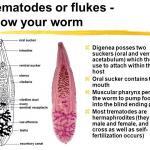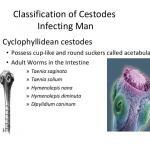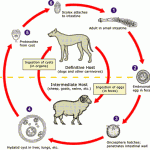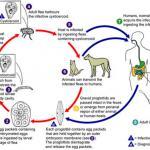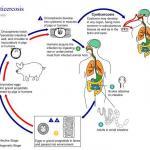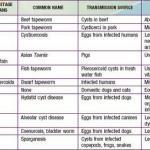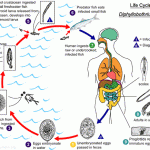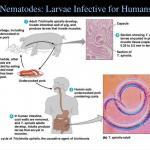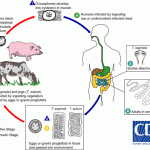
Antibiotics are essential in treating bacterial infections, but their use can significantly impact gut health. In the UK, healthcare professionals emphasize prudent prescribing to mitigate the risks associated with antibiotic use, including disruption of the gut microbiome. Research indicates that while many individuals may recover their gut flora within weeks, some may experience lasting changes, highlighting the importance of supporting gut health through diet and probiotics during and after antibiotic treatment.

